
Supporting human rights defenders in Russia
Later this week the United Nations Human Rights Council will vote on whether to create a special rapporteur to monitor human rights in Russia. It sounds dry and bureaucratic; images of yet another 50-page report written in UN jargon spring to mind.
But this move, which has strong backing from many human rights groups, could be very important. This week on the Inside Geneva podcast we discuss exactly why. We are lucky to be joined by Violetta Fitsner of the Russian human rights group OVD.
Her organisation, like so many civil society groups in Russia, has faced serious repression for some time. Fitsner actually left Russia in December of last year, before the invasion of Ukraine.
‘‘Right now, in Russia there are few means left to defend human rights,” she tells Inside Geneva. “And to address the human rights violations in Russia, it’s really hard.”
But that doesn’t mean Fitsner and her colleagues aren’t continuing their work, and one thing they really believe would help is a UN special rapporteur.
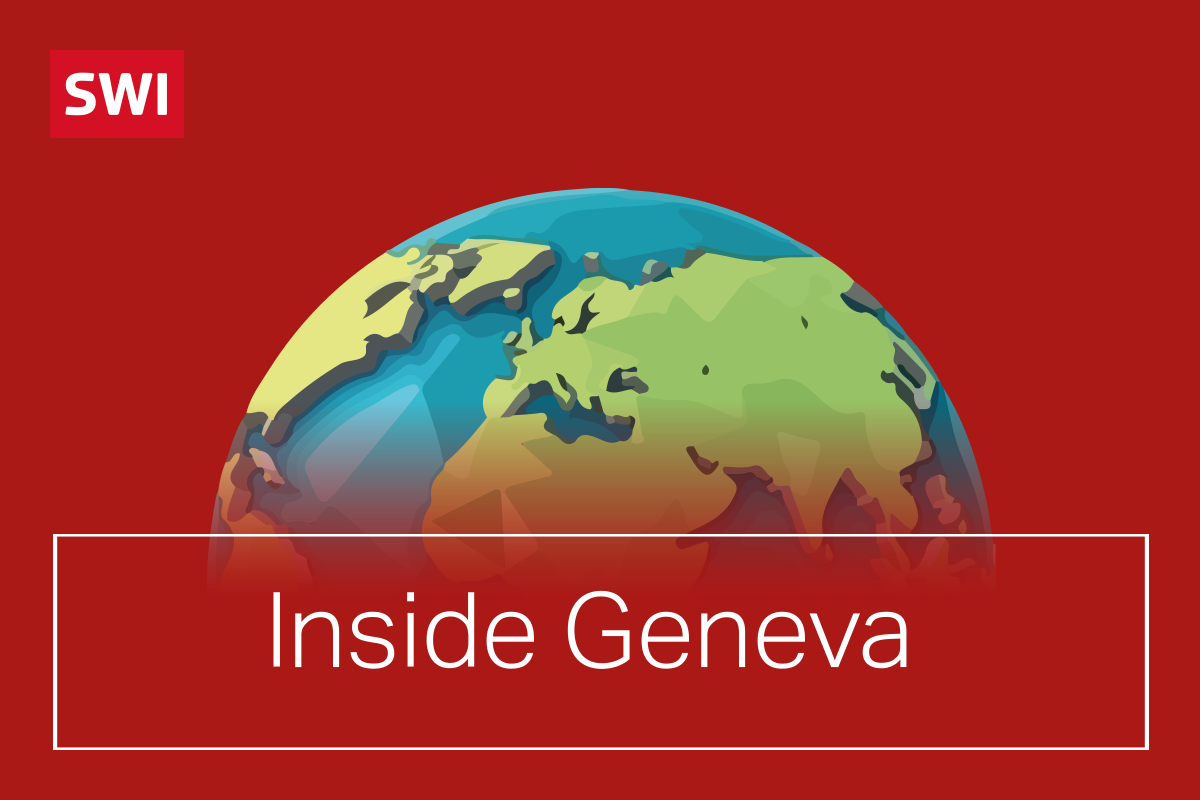
More
Inside Geneva: defending human rights in Russia
Nowhere to turn
As Gerald Staberock of the World Organisation against Torture, who also joins us on Inside Geneva, points out, victims of human rights violations in Russia, and those Russians who try to defend them, have almost nowhere to turn.
Until recently Russian human rights lawyers could bring cases to the European Court of Human Rights, but now that Russia has been excluded from the Council of Europe, that avenue is closed.
“This is a crucial moment,” Staberock tells us, “where we have to ensure that human rights work in Russia can continue. We want to make sure that victims have a place to turn, and that those who help those victims are part of a community with certain norms and standards.”
For that reason, Staberock also supports the creation of a special rapporteur for Russia, believing that the UN is now the only door still open for Russian human rights groups.
Foreign agents law
Interestingly, our regular analyst Daniel Warner, who often plays devil’s advocate on Inside Geneva, points out that international support for human rights groups in Russia is almost sure to fall foul of Russia’s foreign agents’ law. A misnamed piece of legislation if ever there was one, the foreign agents’ law was specifically designed to crack down on both foreign human rights organisations working in Russia, and the local groups they supported.
Under it, the Moscow offices of Amnesty International and Human Rights Watch have been closed by the Russian authorities, and dozens of groups, including Fitsner’s OVD, have been declared foreign agents – a label she wryly describes as a “stamp of quality”.
It would be rather difficult for Russia to declare a UN official a “foreign agent”, although it’s sure, if the council does approve a special rapporteur, that he or she won’t, in the current climate, be allowed into Russia.
But we all know that UN investigators can do sterling work remotely nowadays. Look at the multiple, forensic reports on violations in Syria, or the astonishingly detailed fact-finding mission for Myanmar. A rapporteur for Russia would be able to talk remotely to people inside Russia, to civil society groups for example or human rights lawyers, many of whom, despite the violent repression, are still bravely continuing to work.
And eventually there would be a UN report, probably the first of many. And although they can be dry and full of jargon, UN reports carry weight; they attract global attention. It’s hard for the member state, in this case Russia, to ignore them, and this of course is why so many countries, from Eritrea to China, to the United States or the United Kingdom (who were less than happy with the special rapporteur’s verdict on child poverty in their countries) tend to squirm under their scrutiny.
Political isolation, but not rights isolation
This week’s podcast is a really fascinating discussion, and one I hope you’ll listen to in full. Russia is increasingly isolated within the UN system now; it has been expelled as a voting member of the UN Human Rights Council, censured by the UN General Assembly. When its diplomats try to participate in UN business, they have frequently found themselves addressing the backs of other UN ambassadors staging a walk out.
But that isolation, Staberock, and Fitsner insist, should not be extended to the entire Russian people. They need to know they are still part of a multilateral system, a dialogue with groups like OVD and others needs to be maintained, and encouraged.
“We want to ensure that the Russian human rights community feels part of the universal human rights movement,” says Gerald. Otherwise, Warner worries, “excluding Russia from various organisations, the Council of Europe, the Human Rights Council, are you isolating them from all concepts like universal human rights?”
For Violetta, the approval of special rapporteur will be a sign that her work is not forgotten, that she is not alone. And for Europe at least, Violetta and her colleagues are surely the people, in an ideal world, we hope will be involved in Russia’s future; these are the neighbours we want to have.
“We really hope countries will vote for it,” says Violetta. “We are really grateful for the support we get to keep this bridge between Russia and the outside world.”

In compliance with the JTI standards
More: SWI swissinfo.ch certified by the Journalism Trust Initiative

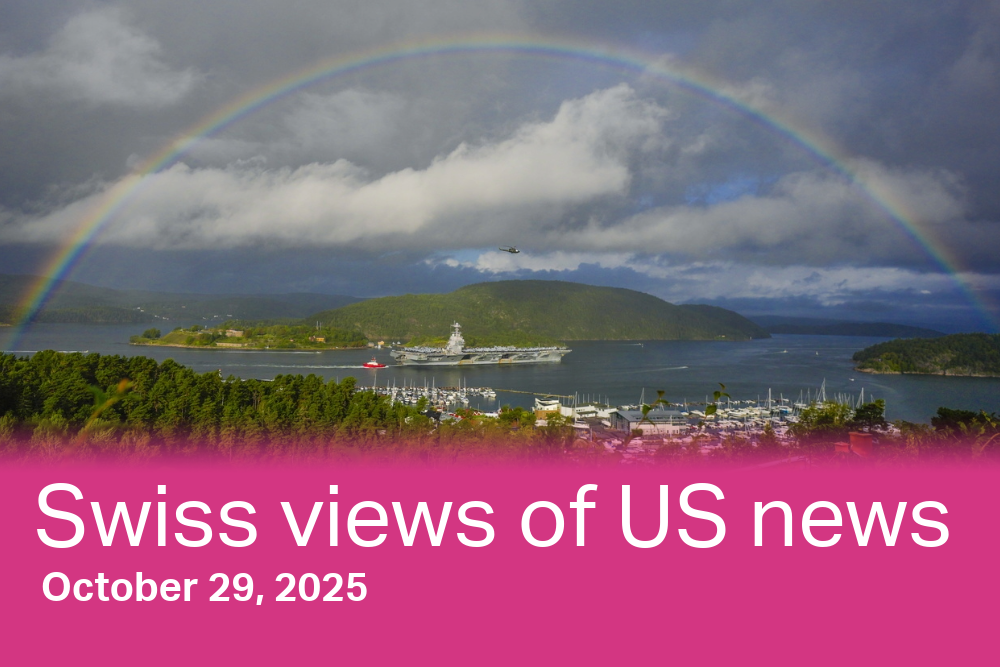












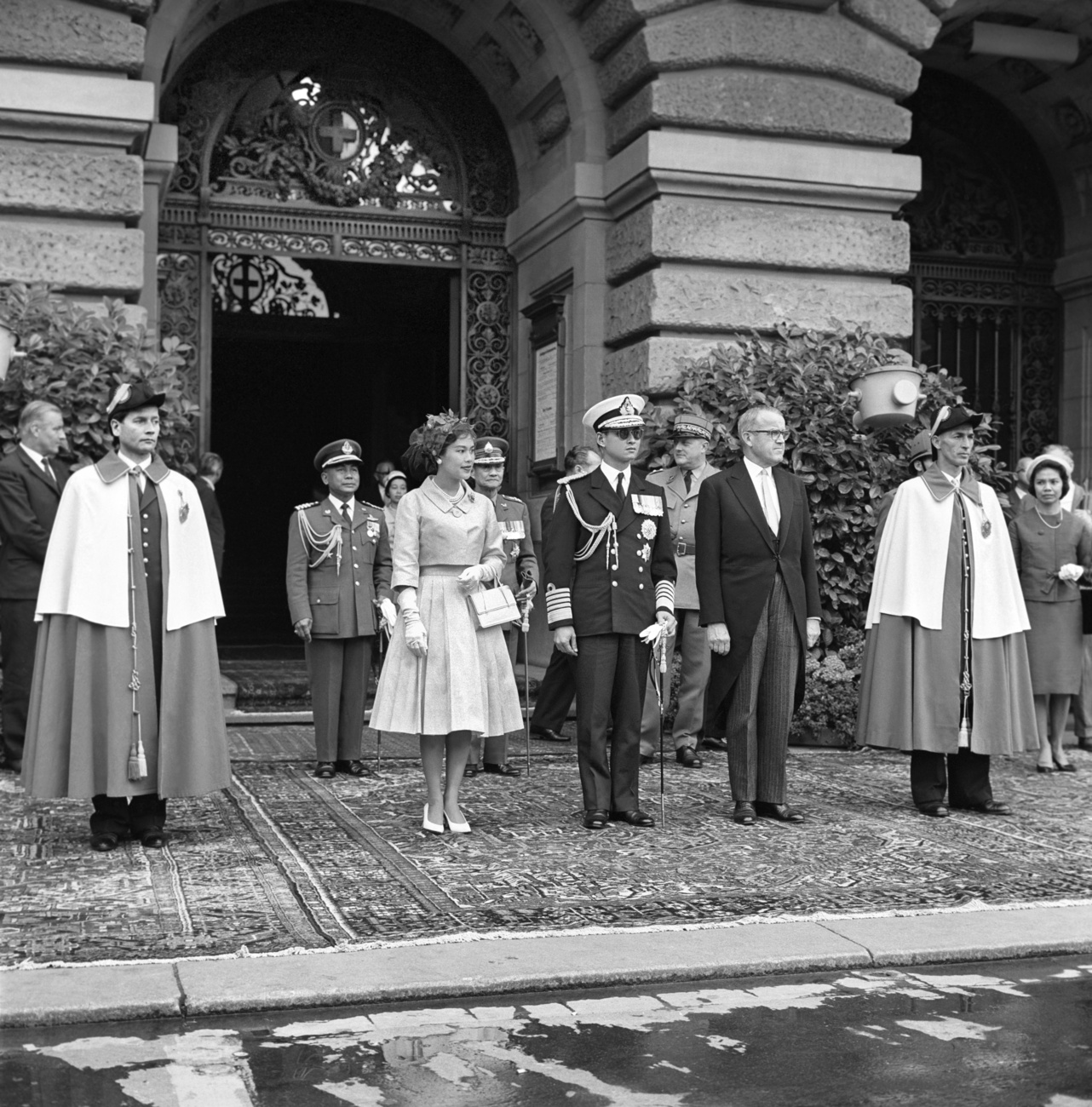

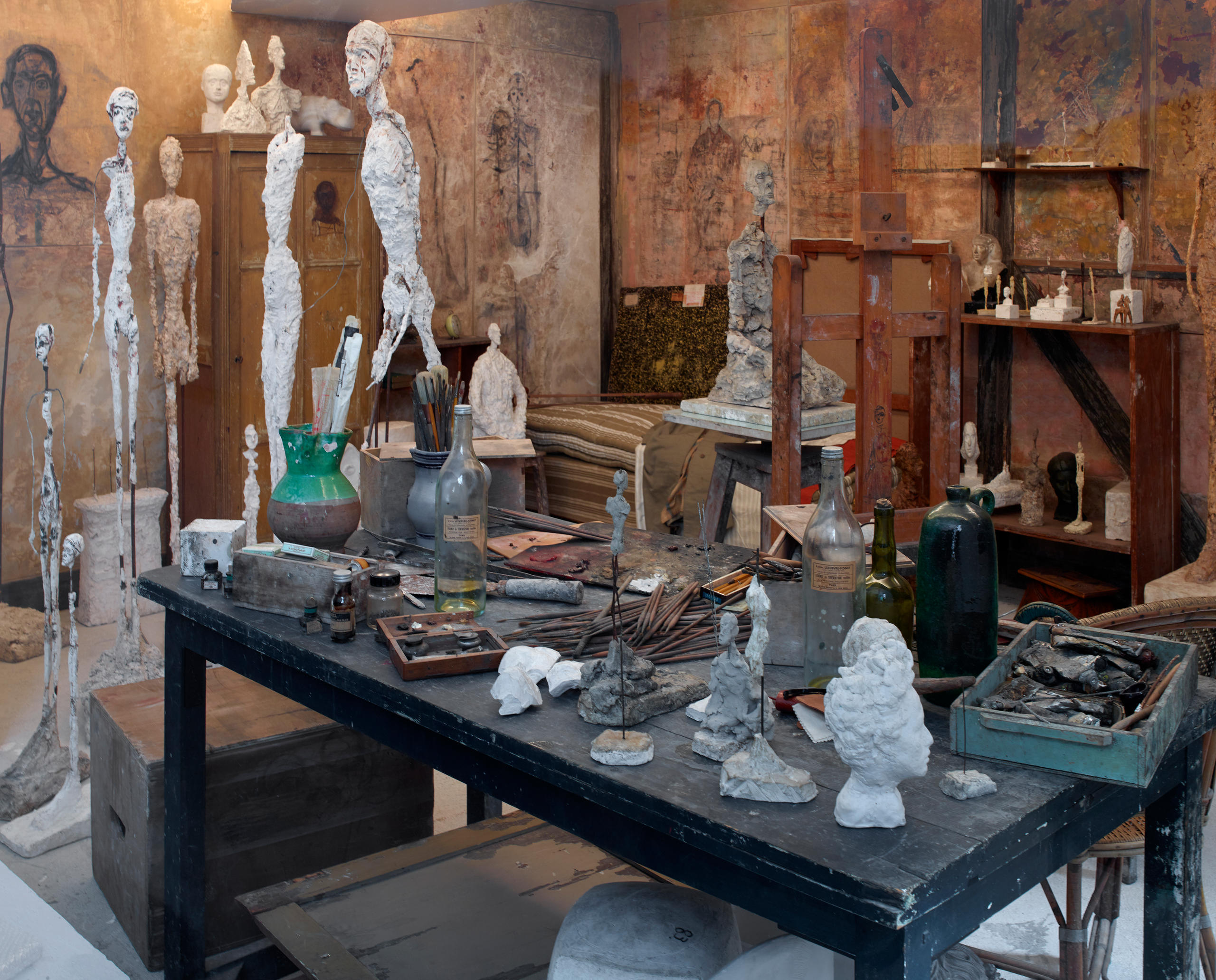










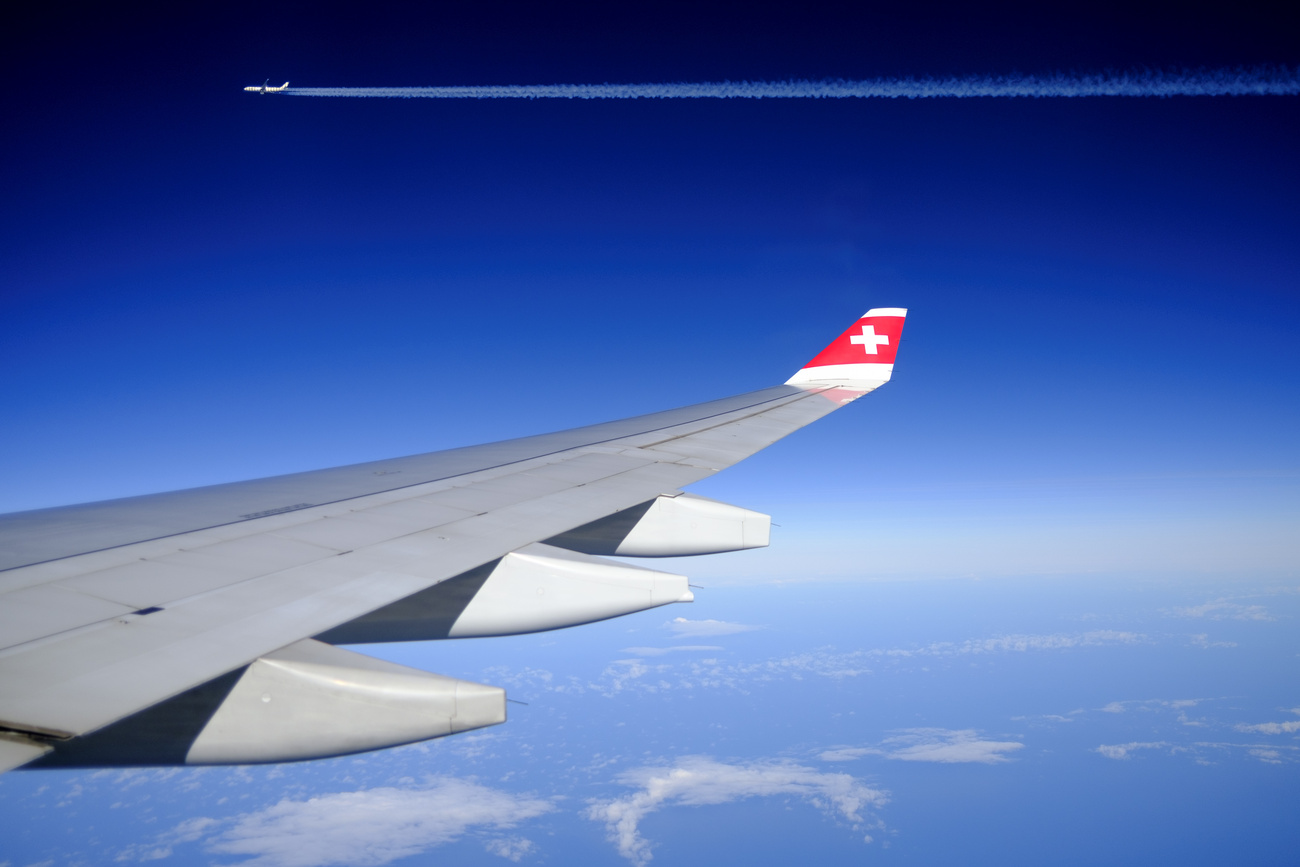



You can find an overview of ongoing debates with our journalists here . Please join us!
If you want to start a conversation about a topic raised in this article or want to report factual errors, email us at english@swissinfo.ch.